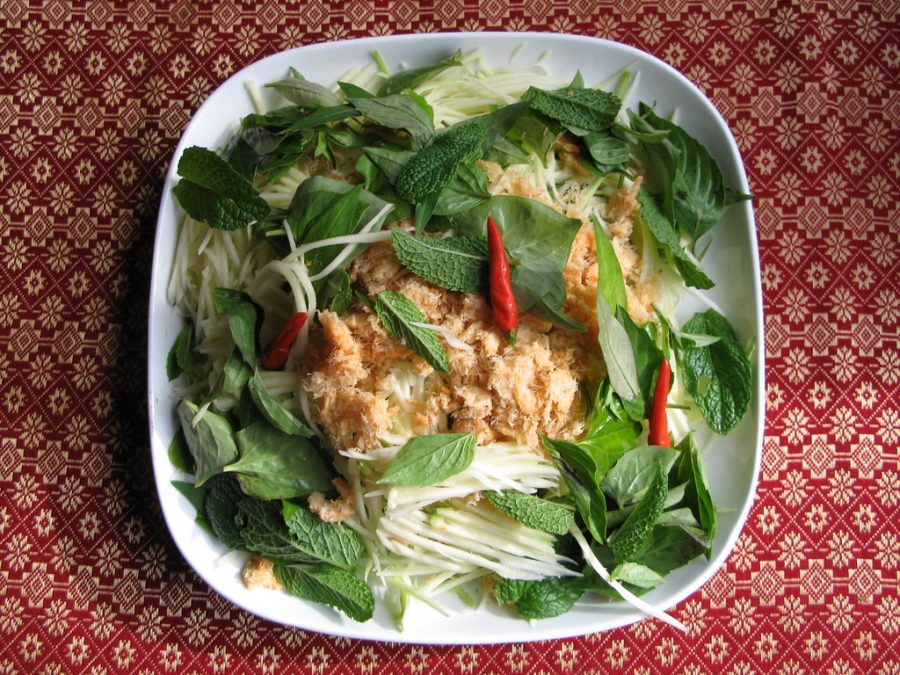Impact of a Healthy Diet
December 3, 2019
Jared O’Sullivan
Staff Writer
Healthy diets are challenging, necessary, and vital nonetheless. What we put into our bodies has a greater impact than you think, when it comes to energy, physique, and performance. While a major amount of students are skipping meals and not eating a balanced diet, they should be informed of the pros of eating healthy and avoiding salty, sugary, and fatty foods, while also keeping a balanced diet. A balanced diet consists of vegetables, fruits, whole grains, and fat-free or low-fat dairy products.
Depending on your lifestyle this could also include “lean meats”, “poultry”, “fish”, “beans”, “eggs” and “nuts”. A key part of your diet is to limit saturated and trans-fats, sodium and added sugar. According to the CDC, “Healthy students are better learners.” According to Healthline.com, it shows that nutrition affects student achievement and student participation by improving memory and reduces absences. Many students have misconceptions about the importance of certain foods, and the risks of others. For instance, protein shakes can cause harm to your kidneys and other parts of your body because of the excessive amounts of protein which causes your kidneys to overwork. Other foods like chicken and whole grains are an example of some of the foods people should try and add to their diets.
Diet is largely based on lifestyle like being vegan or vegetarian. Some alternatives to meat and fish are beans, soy, and eggs, which are all proven to be very healthy substitutes in people’s diets. Students also forget the importance of eating three balanced meals a day.
Many students skip their morning meal because they don’t have time or because they don’t want to. Eating healthy not only helps you in the long term but it also increases energy and productivity in people’s everyday lives. Also according to the CDC, “All states and territories had more than 20% of adults with obesity”.
This is an epidemic on the rise, and there are solutions that students, adults, anyone can try. If you are unsure and how to format your diet to become healthier, to understand what you actually put into your body, or you just want to learn how to cook, you can always take culinary classes with teachers Mrs. Pangu, or Mrs. Sobel. According to Mrs. Pangu, “I always encourage students to pack nutrient-dense (full of nutrition) snacks if possible like trail mix, granola bars, fruit, fruit and vegetable pouches.” Students can always edit their diet to have a greater balance in nutrition by adding nutrient-dense foods and avoiding processed and junk foods.







